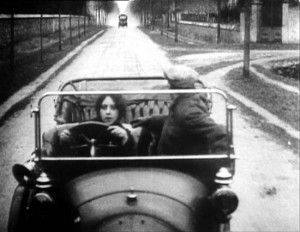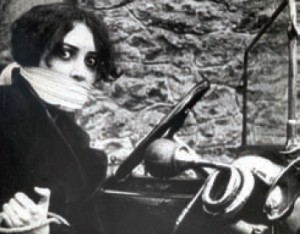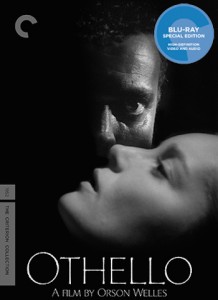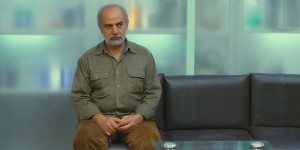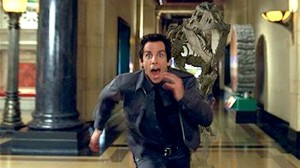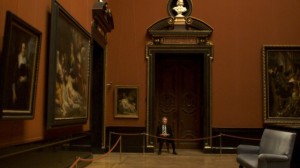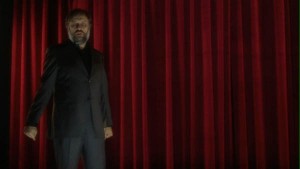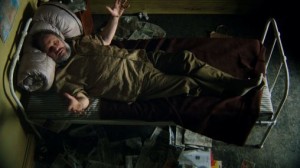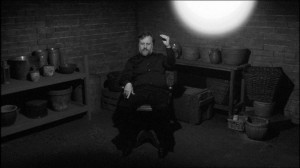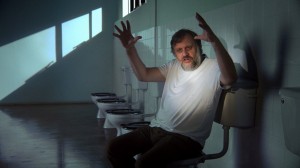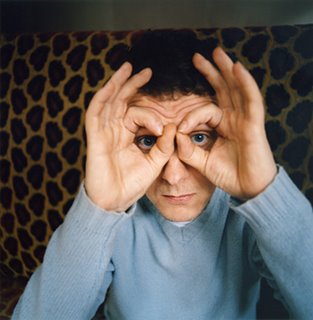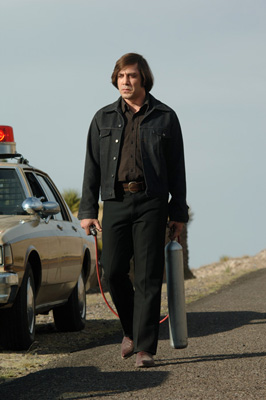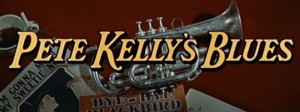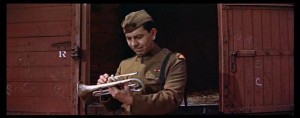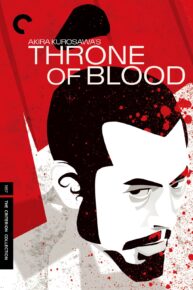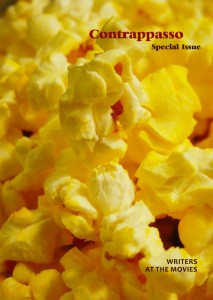An updated revision of a 1999 essay, commissioned by and posted on Slate on May 24, 2017. — J.R.
One of the paradoxes of conspiracy thrillers is that seeing the world as if it were as orderly and coherent as a work of art is both satisfying and terrifying. If everything makes sense, then it’s hard to avoid the premise that someone somewhere is creating that coherence–either God or an equally unseen puppet master. And the fact that we don’t see the strings being pulled means that our imaginations are invited to sketch them in, making us co-conspirators in the process: And opting out of this creative participation means accepting chaos: “If there is something comforting—religious, if you want—about paranoia,” declares Thomas Pynchon in Gravity’s Rainbow, “there is still also anti-paranoia, where nothing is connected to anything, a condition not many of us can bear for long.”
It’s a tradition that harks back to Louis Feuillade’s silent serial of 1915-1916, Les vampires, about a gang of ingenious working-class criminals headed by a beautiful woman and preying on the rich—a crime thriller evoked in Olivier Assayas’ 1996 dark comedy about a contemporary remake, Irma Vep. Read more

